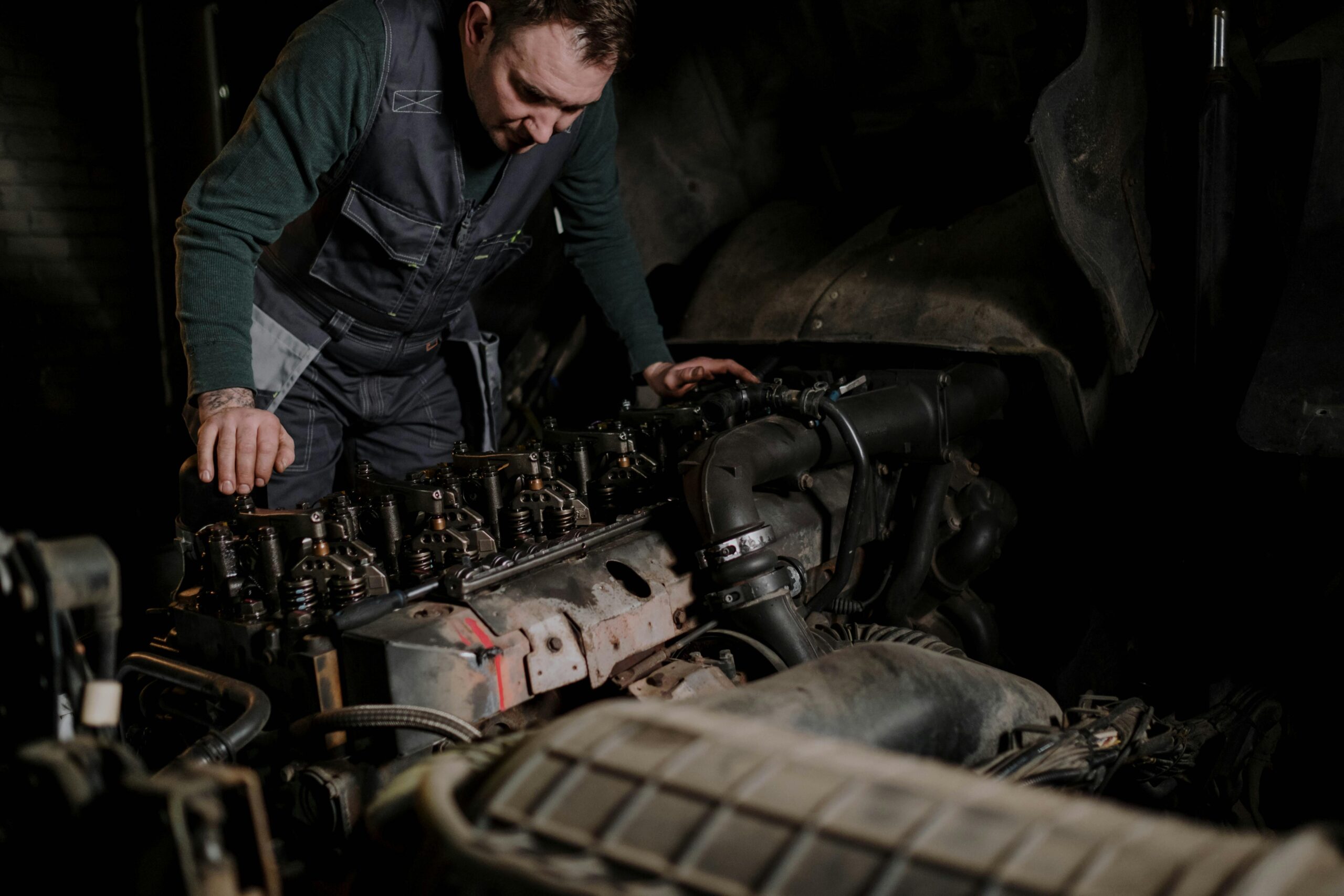The engines of a truck are the heartbeat of any fleet, ensuring goods move and businesses run without failure. Because of this, in this article, we will depict the top 10 tips on how to maintain your truck engine performance for reliability and efficiency on the road for a long time.
Regular Oil Changes
It is very important to have clean oil in your truck engine. Oil changes provide lubrication for different parts of the engine, reducing friction and possibly the accumulation of dirt and other contaminants that destroy the engine over a period of time. Try making routine oil changes for your truck based upon what the manufacturer has to say or between every 5,000 to 7,500 miles on diesel.
Air Filter Maintenance
Air filters help block dust, dirt, and other debris from entering your engine. A dirty or clogged air filter inhibits airflow, giving negative performance results and poorer fuel economy. Check your truck’s often and replace as needed, generally between 15,000 and 30,000 miles but more often in the dusty conditions.
Fuel System Maintenance
This way, fuel efficiency and engine performance can be optimized. Use good-quality fuel and additives that would prevent the formation of deposits and contaminants in the injectors and fuel lines. Also, consider using periodically a fuel system cleaner in order to provide proper fuel combustion and efficiency to the engine.
Cooling System Care
It is the cooling system that works on regulating the temperature of your truck’s engine, thus protecting it from overheating that may cause severe damage. Check the coolant level from time to time, and inspect both radiator hoses and reservoirs for leaks or tear signs. Keep proper coolant mix and make sure cooling system flushes every year to remove any deposition inside the blockage or contamination. Regular Engine Check-Ups
Regular Engine Inspections

Early detection of impending problems by regular engine inspection will save one from costly repairs later on. Visually, inspect your truck’s engine compartment for leakages, corrosion, and worn-out parts. Listen for unusual noises when the engine is running: knocking or ticking sounds signal problems that need immediate attention.
Proper Lubrication
Proper lubrication reduces friction and wear and tear on engine parts, increasing life and allowing for smooth operation of engines. Regular lubrication of bearings, joints, and moving parts will prevent corrosion and make sure everything works properly. Use only top-quality lubricants compatible with your particular truck parts and working conditions.
Addressing Warning Signs Promptly
It might be easier to brush off strange noises and dashboard lights as little complaints, but ignoring those warning signs can lead to much more major problems in the engine later on. If you are noticing any kind of unusual symptoms, indicators, or warning lights, then work to promptly address the problem before making further damage in your vehicle. The owner’s manual for your truck or a professional mechanic can give you an idea of how to troubleshoot and diagnose problems with your engine.
Maintaining Battery Health
A good battery is highly important for the starting of an engine and electrical systems in your truck. Regularly check your terminals, cables, and fluid levels of your battery while cleaning and tightening connections. Proper charging and maintenance will lead to a very reliable performance from the battery in extreme cold weather conditions.
Proper Idling Practices
Minimise the time a vehicle spends idling to conserve fuel, reduce pollution and prolong the life of the engine. Reduce extended idling whenever possible. If a long stop is anticipated, turn off the engine. In cold weather, after starting the engine let it become warm for a few minutes, but even in this case avoid excessively long idling as it can cause damage to the engine or use unnecessary amounts of fuel.
Staying on Top of Maintenance Schedule
This will help you maintain your truck at the highest levels possible. Create a calendar based on the recommendations of the manufacturer and needs of your truck for times of replacement or maintenance to be done, such as oil changes, filter replacement, and fluid checks. Being proactive with maintenance can save you from extremely costly breakdowns besides making sure performance on the road is very reliable.
Conclusion
Conclusion All that keeps your truck engine going is what keeps your fleet going-and your business running smoothly. The top 10 tips in this guide for maintaining the engine will keep it reliable, efficient, and on the road longer. Regular oil changes, proper maintenance of the air filter, taking care of the fuel system, and the right lubrication mean proactive maintenance that helps to avoid expensive repairs and casings. Early warning signs, maintaining ahead of the maintenance schedule, and good idling habits are the surefire way to extend the life of a truck engine. Proper maintenance of the fleet, with these engine tips in mind, is assurance of cost savings, safer, and cleaner roads for one and all. Take good care of the engines so that through the years, you will be able to reap from a well-running truck fleet.






